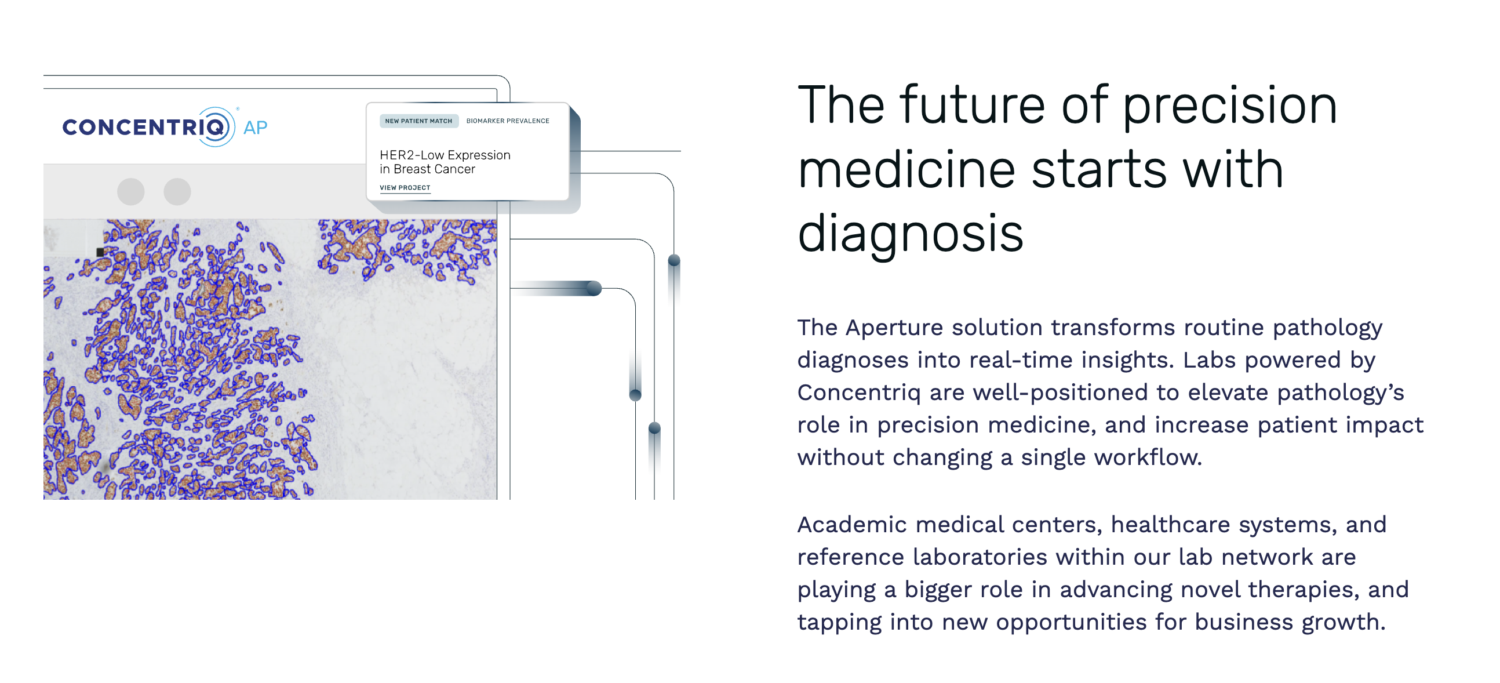
What You Should Know:
– Proscia®, a pathology AI company, has announced the launch of Proscia Aperture™, a new precision medicine solution designed to automatically identify eligible patients for clinical trials at the moment of diagnosis.
– The AI-powered tool aims to tackle one of healthcare’s most significant challenges: connecting patients with life-saving therapies and accelerating the development of new treatments.
Transforming Pathology Data Into Real-Time Insights
Despite major advancements in medicine, fewer than one in ten cancer patients enroll in clinical trials, and many miss out on potentially life-saving therapies. While laboratories hold a unique position at the intersection of pathology, molecular, and clinical data, this wealth of information has largely been disconnected from the drug development process. Proscia Aperture aims to bridge this gap by using AI to turn routine pathology data into real-time insights.
How Aperture Works
Proscia Aperture uses AI to analyze tissue images, AI-derived biomarkers, molecular results, and clinical records from a global network of laboratories. The company’s Concentriq® platform is expected to deliver more than 8 million pathology diagnoses this year, providing a rich source of data. The system generates critical evidence for regulatory submissions, companion diagnostic development, and payer negotiations, while also identifying eligible candidates for clinical trials.
New Revenue Stream for Laboratories
The solution also leverages Proscia’s extensive real-world data repository, which contains over 12 million tissue images along with corresponding clinical and genomic records. Patient privacy is strictly protected through de-identification and stringent governance.
For participating academic medical centers, healthcare systems, and reference laboratories, Proscia Aperture offers a significant new revenue stream. It elevates pathology from a simple diagnostic function to a strategic, research-driving center. This helps laboratories broaden their service offerings, strengthen their competitive position, and thrive in an environment of shrinking margins and workforce shortages.
“One of the hardest realities in precision medicine is that too many patients never have the chance to benefit from breakthrough therapies,” said Suso Platero, former Chief Scientific Officer at Discovery Life Sciences. “Pathology data holds the keys to changing this. By unlocking insights at the moment of diagnosis, we can ensure that scientists have the understanding they need to bring the next treatments to market while giving patients a greater opportunity to access them.”
